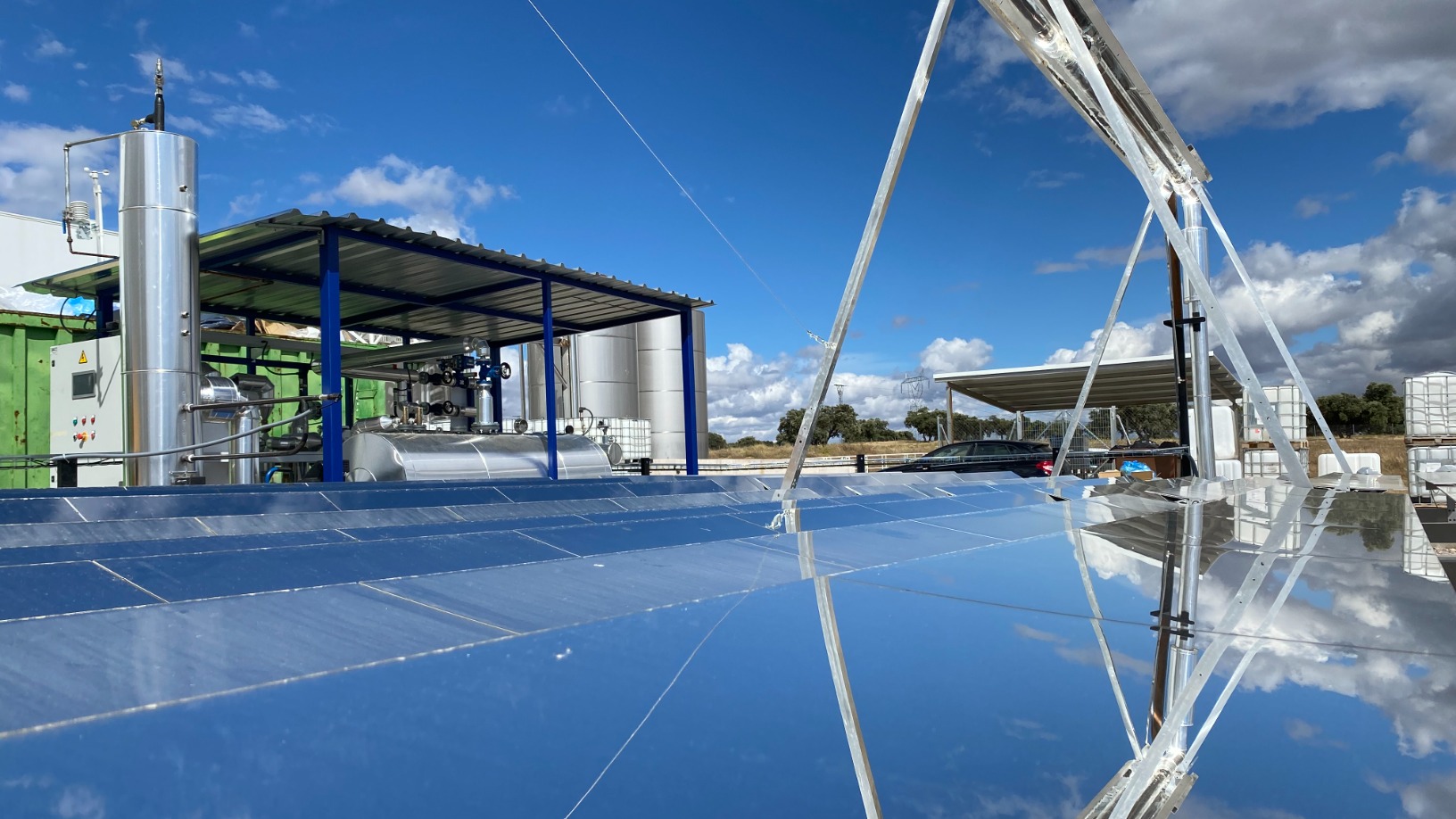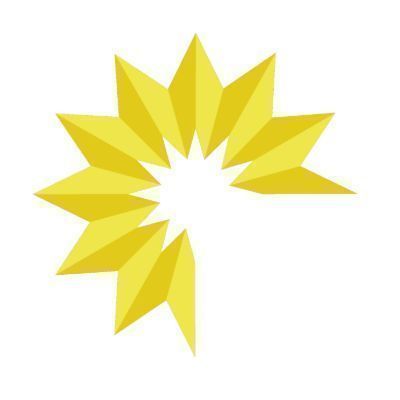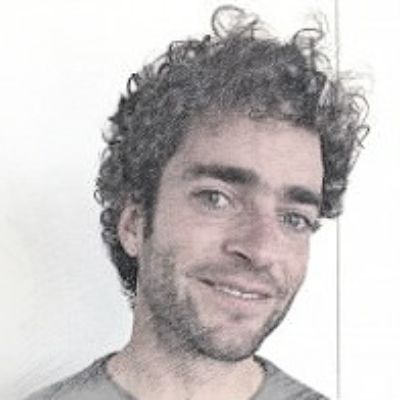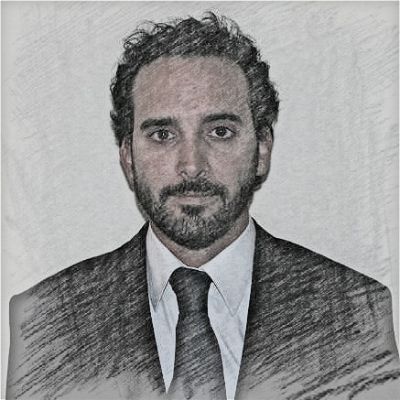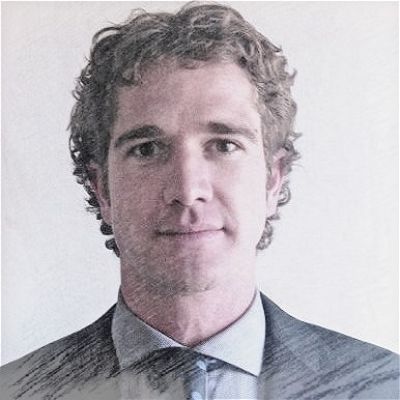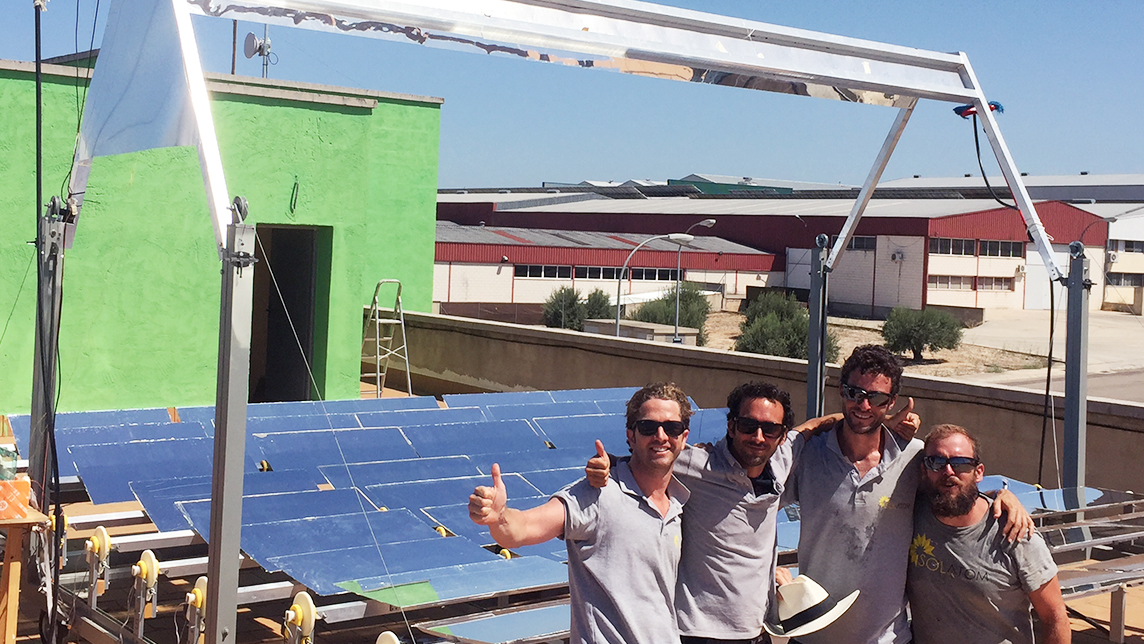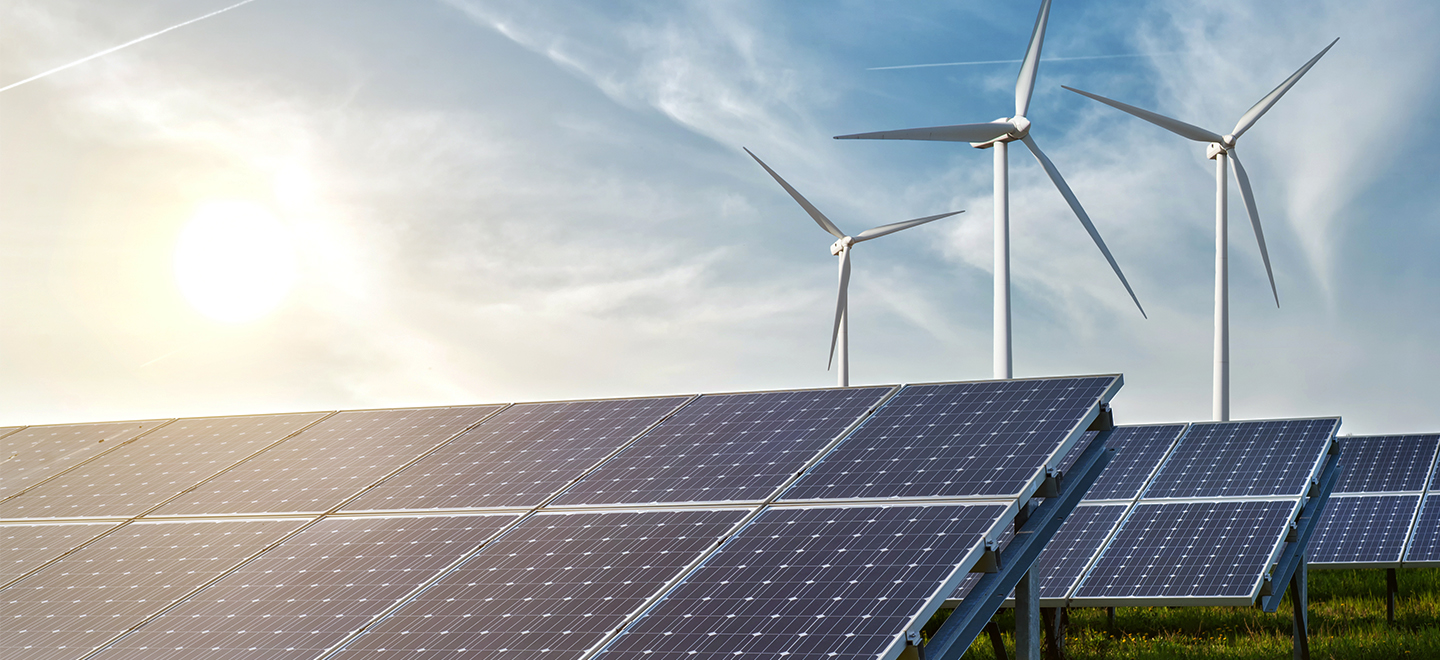Solatom, the Valencia startup developing concentrated solar power (CSP) modules for small and medium-sized factories, has recently raised an undisclosed capital injection from energy giants bp ventures and Enagás as well as impact investor and accelerator Ship2B. The objective is to establish Solatom’s presence at the national level to further scale and export its clean energy solution.
Launched in 2016, Solatom’s installations for direct and indirect steam generation are innovative and unique in the sector with only few competitors in the world. The startup has become a target for investors as well as energy players and companies looking to save on emissions and power consumption costs in their thermal processes.
CompassList first interviewed Solatom in April 2019 when the startup had no more than three projects and challenging years ahead. Since then the startup has grown significantly and today has built much bigger installations with 44 operating modules.
Its diverse projects include the use of hot, pressurized water for cork production at Natural Cork, heating air to 350ºC for Turbosol, a project led by the University Carlos III of Madrid and heating oil to 225ºC at Solpinter, a solar thermal system that Solatom developed with Indertec, a leader in the development of renewable energy systems and energy efficiencies in Spain. The team has also installed a plant at the Technological Institute of Canary Island (ICT), a prestigious R&D center for renewable energies.
Solatom’s revenue grew from just €11,000 in 2017 to €177,000 in 2019. A further €312,000 in sales came from a joint venture with Indertec in 2019. After a challenging year during the Covid pandemic in 2020, the Solatom team is optimistically looking ahead, planning overseas expansion and expecting €1m in revenue by the end of 2021.
The company is actively undertaking preliminary analysis for international expansion in different industrial sectors, estimating emission savings, and required investment and payback periods based on potential clients’ energy consumption, projected fuel price and factors affecting CSP installation.
CompassList interviewed co-founders Raul Villalba and Carlo Terruzzi to learn about the startup’s journey since 2019 and their ambitious plan to bring Solatom’s CSP technology to Africa and LatAm regions.
This interview has been translated from Spanish and edited for length and clarity.
When we last spoke, Solatom had three installations confirmed and one pending with the Carlos III University in Madrid. What has been the outcome of these projects and how many new ones have you acquired?
Raul Villalba: Overall the results were very satisfying and clients are happy. There were obviously many things in our technology that needed improvement. Today, Solatom’s technology has been proven in nine installations across Spain. It is worth highlighting the variety of these projects. We heated up air in the University Carlos III in Madrid, we heated pressurized water for Natural Cork and generated indirect steam in tubes for HERMA’s detergent factory, and direct steam generation in a plant in Castellón. We also have very diverse clients like the Plataforma Solar de Almeria (PSA), which is one of the most important research center for concentrated solar power worldwide, and the Technological Institute of Canary Islands (ITC), a project that has been crucial to us as it validated the shipping overseas of our modules, all in bulk. This will later allow us to expand internationally.
You were also closing a collaboration agreement with Indertec to help you scale production and to assist during installations in Spain. How’s your current relationship with them?
Carlo Terruzzi: We have a joint venture with Indertec, a subsidiary of Grupo Simetria. It was established in December 2018 and officially began operations in January 2019. All our sales at national level are done through this joint venture.
RV: Our relationship with them is great and very useful; it was a fantastic agreement for both companies. They allowed us to scale up the manufacturing and provided their know-how for technology improvements and also helped to coordinate all the operations. For international expansion we may close similar agreements with Indertec or local companies that will help us with local manufacturing in new countries. Grupo Simetria is a Spanish company, to date mainly focused on the national market. The agreement we have is for the Spanish market only, but they may support new international joint ventures in the future.
Do you have any new upcoming projects?
RV: We have several potential projects: One in Extremadura, four in Andalusia and three in the Valencian Community. All are pending subsidies. We expect a resolution by May.
Regarding Solatom’s international expansion, have you already established commercial agreements outside Spain? If so, with whom?
RV: I would differentiate between countries with a strong focus on expansion and those where we have identified opportunities but are not yet fully dedicated to it. At the moment, we are focused on Kenya, South Africa and Mexico, because of the high [solar] radiation and their need of renewable energy. There, we are in conversation with local partners and potential customers. We haven’t closed any agreement yet but we hope to do so by the end of the year. Our sales period is pretty long and can take between six and 10 months. We’ve also been contacted from other parts of the world such as Australia, India, Chile, Peru and the US. Companies are contacting us although we haven’t been proactively looking for opportunities in those countries.
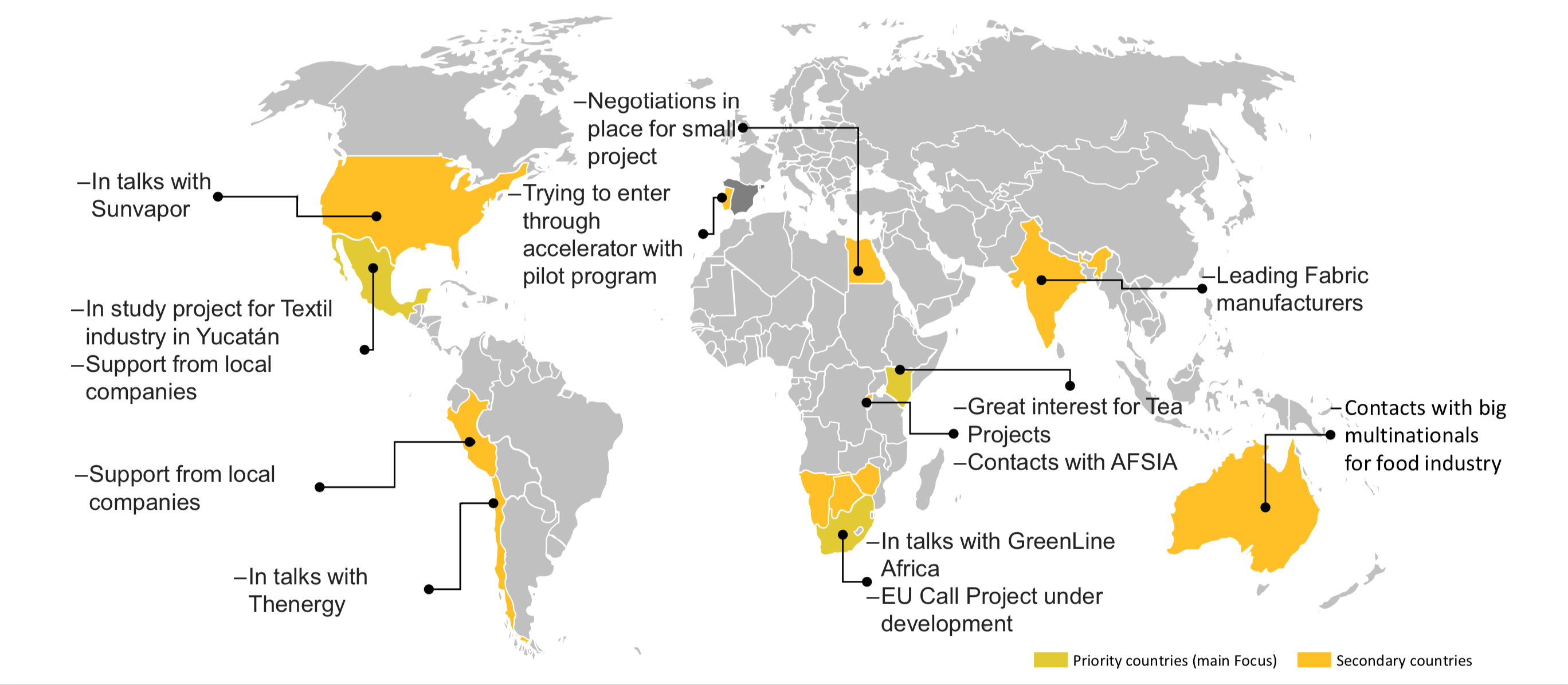
Are you still using PABLO and Solar Concentra to source industry data and generate new commercial leads? How does it work when analyzing new markets to enter?
RV: PABLO has been crucial in the identification of new projects and the key to our success in Spain. It is worth mentioning that in September 2020 the Spanish Government, through the European FEDER Funds, established public subsidies to finance part of the CAPEX for heat generation projects. Governments had very little time to present and promote the offer, but thanks to PABLO, we’ve been able to identify companies and contacted them to inform them about such an opportunity. Through PABLO’s algorithm, together with public subsidies, we got to pre-sign contracts in Andalusia, Extremadura and Valencia for the following three years.
CT: Although most of the electricity companies nowadays have the possibility to sell energy that is sourced from renewable electricity sources, there are also many companies out there that cannot rely only on renewables because they use heat generation based on fossil fuel. The production of heat that these subsidies are financing is precisely addressing this problem. It enables thermal self-consumption that cannot be generated through renewable electricity sources. This can be attained through the use of solar concentration solutions like ours, replacing boilers and fuel consumption in factories. We are teaching PABLO to browse industries and potential clients in the countries where we are currently focused, but training PABLO takes time.
What about the entry into new markets? What’s your strategy?
CT: We recently received a patent in the US and it’s pending in Mexico. If we set up a factory in Mexico, we are also allowed to sell in the US. Therefore, our idea is to establish all manufacturing in Mexico to cover both markets. The US, it’s a very big market; we’ll focus on it starting from next year. Right now, we want to prioritize expansion in Mexico.
In which sector and industrial applications did Solatom work best in terms of costs and energy efficiency?
RV: It depends more on the factory’s location, its size and the solar irradiation it gets. It proved to work very well for food and beverage, and textile applications.
How has Covid-19 impacted your business?
RV: Covid has impacted our business in a negative and positive way. On the one hand, it has been negative because selling was much more difficult, companies didn’t want to invest and we couldn’t schedule meetings because of mobility restrictions. That’s also why our sales went down in 2020. On the positive side, and there are several positive things to mention, first of all, Covid allowed us to focus on technology improvements. We built a better product, easier to install and definitely more efficient. Secondly, people have become more conscious about renewables than ever before. In the last year, we’ve witnessed a spike in investments. Just looking at Wall Street, Euro Stoxx or IBEX, investors are pouring their money into renewables. Companies like Nike, Unilever, and Nestlé are all targeting zero emissions by 2050. We are experiencing an upsurge in the demand, there’s certainly great potential and that’s why we expect to generate €1m in revenue in 2021.
What does the recent capital injection from Enagás, bp and Ship2B mean to you? How are they supporting Solatom’s international expansion and scale-up phase?
RV: They are giving us the funding needed to internationalize but they are also sharing with us resources yet supporting us in the development of new projects like the hybrid boiler. Likewise, bp is looking into our solution for its refinery. They help us to expand internationally by reaching out to organizations and providing us with information on different countries. Enagás Mexico is giving us local support and Ship2B is willing to share with us their contacts. Also, they are helping to professionalize our company, setting up a proper board and more professional shareholders meetings in order to grow as a company, not just a startup. Finally, it gives us a name; being backed by these types of investors gives more security to our clients.
About the hybrid solar-natural gas boiler you mentioned, why this choice? What are its advantages and what problems does it address? When are you looking to launch it and where?
RV: We are developing a hybrid solar-natural gas boiler that can reduce redundancies when having a boiler and a solar installation. We provide a combined technology that can be used in the entire production process so that our clients don’t have to worry about who is providing what; they have one unique energy solution. We not only reduce the amount of fossil fuel consumed, but we also substitute contaminating fuel with cleaner, natural gas. We developed it because of its convenience. It reduces redundancies and eases our clients’ life. This is what we are developing now and where we are getting significant support from bp and Enagás.
CT: We are currently building a pilot project in Castellón. We’ll start the testing in a couple of months and we are aiming to test it industrial scale by summer.
How do you see Solatom five years from now?
RV: The entire concentrated solar heat (CSH) sector is poised to grow and Solatom is leading this change. Currently, there aren’t many CSH alternatives for industries. I believe we’ll witness a big push in the sector in the years to come. We want to provide our solution in other countries that have a great concentration of industries and solar radiation. Five years from now, we would like to have several international hubs. We also want to establish our presence in Spain, where we are going to keep our innovation and technological hub.
